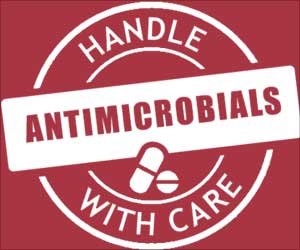The Union Health Ministry has called an emergency meeting over the claims by international health journal 'The Lancet' about the presence of deadly superbug bacteria New Delhi water supply.

Meanwhile, the Delhi Government has appealed to the people of the city not to panic over reports that the drug resistant bacteria was found in the public water supply of the national capital.
"Delhi Jal Board has very categorically said that this is not the case. I am in touch with the CEO and he said that it is not so. So please don't spread panic when there is no (need to) panic," said Delhi Chief Minister Sheila Dikshit, while responding to questions over the report.
The Delhi Jal Board has also categorically denied the report and said the water being supplied by the agency was 'safe' for drinking.
Delhi Health Minister A K Walia commenting over the report said: "I have reviewed the issue of NDM1, superbug bacteria in the capital's environment and its implications for human health. There is no cause of any worry."
"The chlorination of water makes it safe for drinking purposes. The water being supplied through DJB and other similar sources meets the prescribed standards of testing and safety. The chlorination process and its monitoring is further being strengthened," he added.
Advertisement
British doctors have accused the Indian Government of suppressing the truth about presence of drug-resistant bacteria, NDM-1, and alleged that India is threatening its own doctors against taking part in superbug studies.
Advertisement















